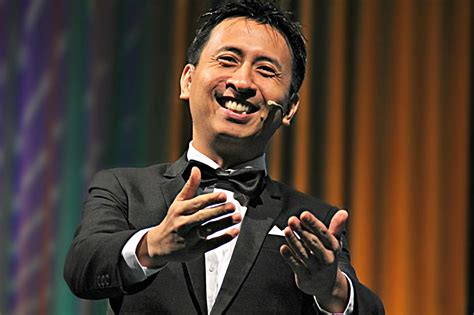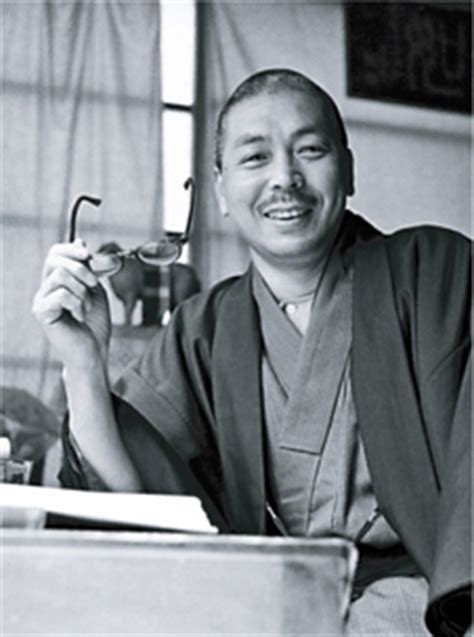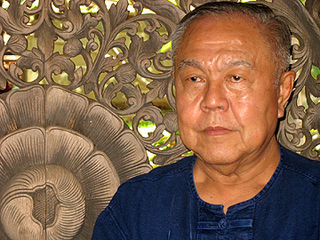A Quote by Ninian Smart
The fact of the matter is that Buddhism has changed a lot. When St. Francis of Xavier arrived in Japan, he wrote back to the Vatican and made a joke. "It is unfortunate," he said, "that the Lutherans were here before me." By this he meant that Pure Land Buddhism was so much like Lutheranism.
Related Quotes
Failing at something is one thing, but Buddhism tells us that it is up to us how we interpret that failure [Buddhism] a philosophy and way of life that resonates with me I identify with it. I agree with so much of the sentiment behind it. I enjoy the liberating effect it's had on me to get back into the game Buddhism, with its concepts of karma and rebirth, have freed me from the twin fears of death and life without rugby, like life, will also come to an end.
If science proves some belief of Buddhism wrong, then Buddhism will have to change. In my view, science and Buddhism share a search for the truth and for understanding reality. By learning from science about aspects of reality where its understanding may be more advanced, I believe that Buddhism enriches its own worldview.
As much as I loved the model of St. Francis, I realized that I couldn't afford to be poor, because unlike St. Francis, I'm not celibate. I was enlightened that God's call to me was not poverty but generosity and simplicity. And I had to go back to the lesson I learned from my parents: that is, simplicity.
Buddhism is not concerned just with private destiny, but with the lives and consciousness of all beingsAny attempt to understand Buddhism apart from its social dimension is fundamentally a mistake. Until Western Buddhists understand this, their embrace of Buddhism will not help very much in the efforts to bring about meaningful and positive social change, or even in their struggle to transform their ego.



































